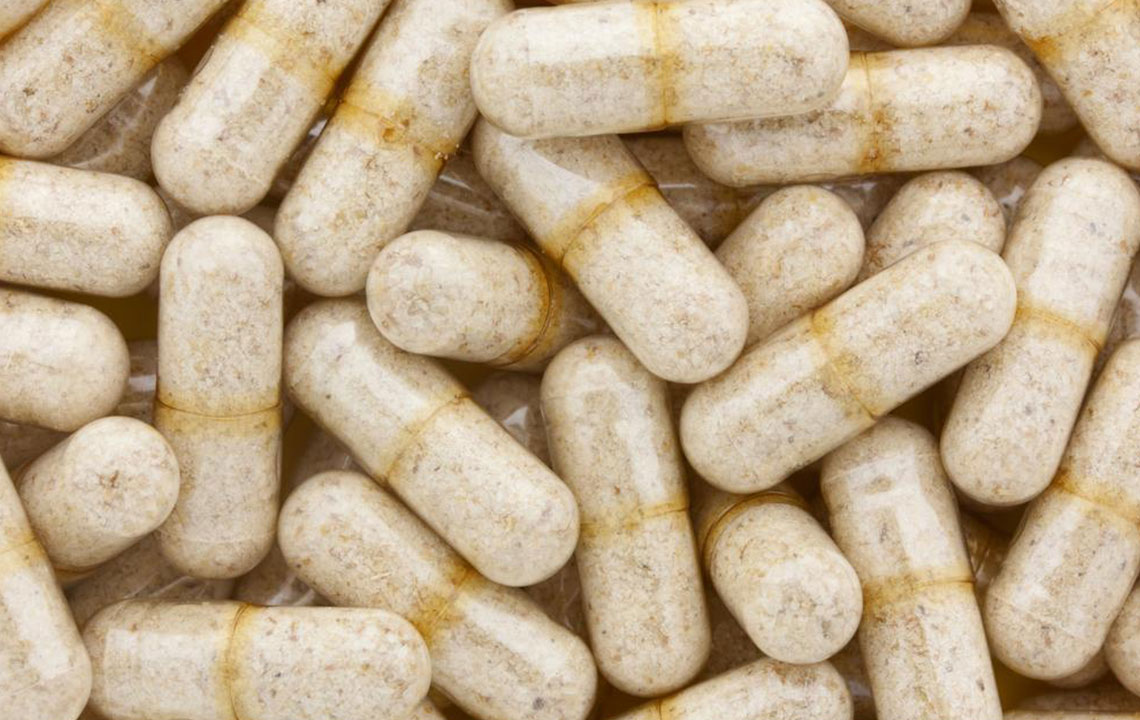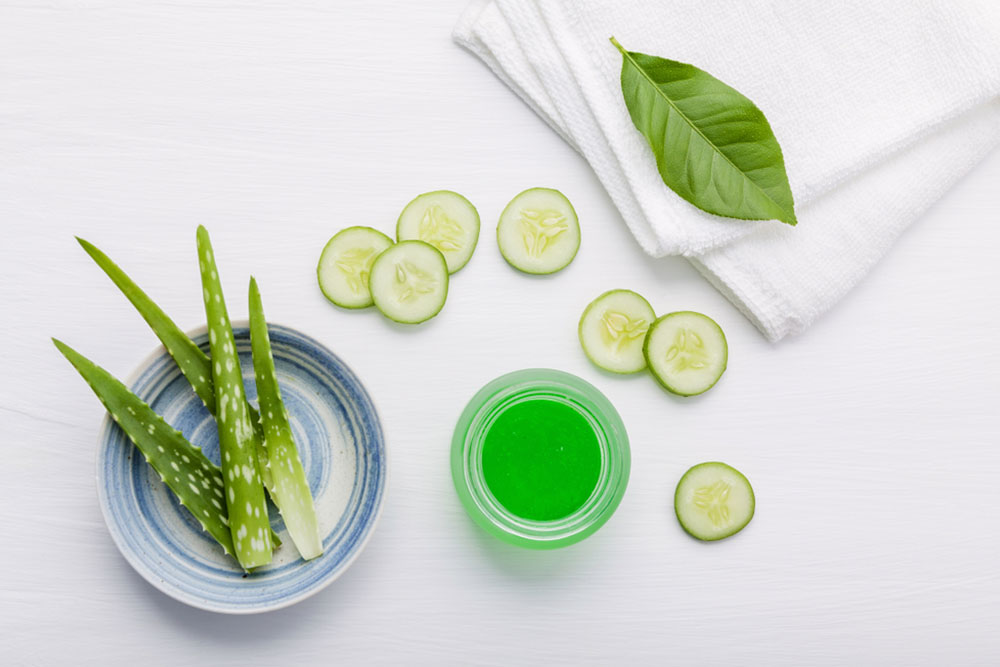The Best Constipation Fiber Supplements
Regular bowel movements are important. They help clear toxins and waste from your body. They indicate a good constitution and healthy metabolism. Digestion shouldn’t just help your body utilize the nutrients in the food you eat; it should also keep the body free of toxins and functioning at its peak.
Constipation
However, your body isn’t able to rid itself of waste efficiently when you suffer from constipation. When waste builds up in your body, it takes a toll on your physical and mental health.

Fiber intake
The best solution for constipation is to consume adequate amounts of dietary fiber. Fiber aids in digestion and ensures smooth bowel movements. Fiber is mostly found in plant-based food. Unlike other carbs though, fiber is non-digestible.
Fiber doesn’t have any nutrition on its own, but it helps regulate many bodily functions. There are two types of naturally occurring fiber in the food you eat, and both are highly beneficial to general health. These are soluble fiber and insoluble fiber.
Soluble fiber absorbs water from the food you’ve eaten. It then slows down digestion and helps you absorb nutrients from food. As digestion slows down, so does the breakdown of carbohydrates. It ensures that your blood sugar doesn’t rise too rapidly, and helps regulate blood sugar levels. Soluble fiber also helps reduce LDL cholesterol, often referred to as bad cholesterol.
Soluble fiber makes you feel satiated for a longer time. It could help fight obesity because you won’t feel hungry soon after. A high-fiber diet is very important if you want to stay healthy.
Insoluble fiber adds bulk to your stool and keeps it moving through your digestive tract. It ensures your bowel movements are smooth and relieves constipation.
Sources of dietary fiber
Most plant foods contain dietary fiber in one form or another. Oats, fruits, berries, lentils, pulses, beans, vegetables, oat bran, rice bran, and barley are all good sources of soluble fiber. Cereals, wheat bran, nuts, seeds, and whole grains are all good sources of insoluble fiber.
Eating naturally occurring fiber is the best way to meet your daily fiber requirement. The vitamins and nutrients that you find in fiber-rich food also provide a host of other health benefits.
The recommended daily intake of fiber is:
- 38 grams for men below the age of 51
- 30 grams for men who over 50
- 25 grams for women below the age of 51
- 21 grams for women over 50
However, studies reveal that the average American consumes just around 15 grams of fiber per day, far below ideal levels.
Constipation fiber supplements
Low fiber levels in your diet can lead to problems like constipation and irritable bowel syndrome. There are many constipation fiber supplements that you can have to ease your bowel movements. You can get constipation fiber supplements in many forms including capsules, powders, and chewable tablets.
Metamucil Psyllium : Psyllium is extracted from the seeds of Plantago ovata. It’s also known as Psyllium husk. 70% of Metamucil Psyllium is soluble fiber. Psyllium husk also contains traces of insoluble fiber. It helps you feel satiated and aids in digestion. Psyllium husk is usually available in capsule or powder form. This is a very popular constipation fiber supplement.
Citrucel Methylcellulose : Methylcellulose is made from naturally occurring cellulose, an important plant compound. Unlike Psyllium, Methylcellulose is non-fermentable. This means it won’t cause bloating or gas. Citrucel with SmartFiber is a 100% soluble constipation fiber supplement and can be consumed with water. But keep in mind, that it’s only soluble in cold water. Citrucel with SmartFiber is available in powder and capsules
Benefiber Wheat Dextrin : Benefiber Wheat Dextrin is a tasteless powder that’s completely soluble in liquids. It’s a byproduct of wheat and only contains soluble fiber. It’s an excellent constipation fiber supplement because it only contains soluble fiber. Soluble fiber has been linked to smoother bowel movements, as well as stabilizing blood sugar.
Metamucil Multihealth Sugar-Free Powder : This is a mixture of psyllium husk, citric acid, and maltodextrin. If you’re following a gluten-free diet, then look no further. It has psyllium husk, and it’s also gluten-free. Like regular psyllium, it dissolves easily in water and most other beverages. This version of psyllium powder is an excellent remedy for constipation, works for gluten-free diets, and also helps control cholesterol levels.
Fiber Choice Prebiotic Fiber Sugar-Free Chewables : These chewables contain Inulin as their main ingredient. Inulin is a prebiotic, soluble fiber found in raisins. These berry-flavored chewables are a tastier, more enjoyable alternative to gulping down a tasteless constipation fiber supplement drink.
Meeting the daily recommended fiber intake through vegetables, fruits, and other food is not always easy. If you are not getting the required amount of dietary fiber, you should take constipation fiber supplements. The right constipation fiber supplements can prevent constipation, problems with digestion, and ensure that your bowel movements stay healthy.




